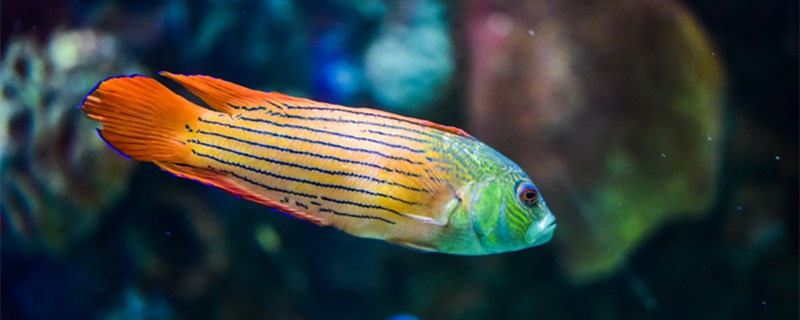
If too much salt is added, the gill mucosa of the fish will be stimulated, causing it to have difficulty breathing, and then causing it to die. Usually, only when the fish are sick, they need salt, otherwise it is not easy to control the dosage. Generally, the concentration of salt is three or five thousandths, which can increase the osmotic pressure of the water body, reduce the amount of water entering the fish body, and reduce its kidney burden.
1. Reduce the burden on the kidneys: The biggest advantage of adding salt to freshwater fish is to reduce its burden on the kidneys. Because of the high osmotic pressure in freshwater fish, water will constantly infiltrate from the outside world, so it needs to use the kidney to drain water, but after adding salt, the osmotic pressure of water also increases, less water enters, and the kidney does not need to drain so much water.
2. Avoid the invasion of germs: If the fish is sick, it is also necessary to add salt to the water. The effect of adding salt is also to change the osmotic pressure. In this way, the entry of water can be reduced, and the invasion of germs can be prevented. This has a very positive effect on the recovery of the fish.
3. Sterilization and treatment: If you want to use salt water to sterilize and treat diseases, you should properly increase its concentration, generally around 1%. Such salt water can not soak fish for a long time, usually about 10 minutes to take out, otherwise it will lead to serious dehydration.